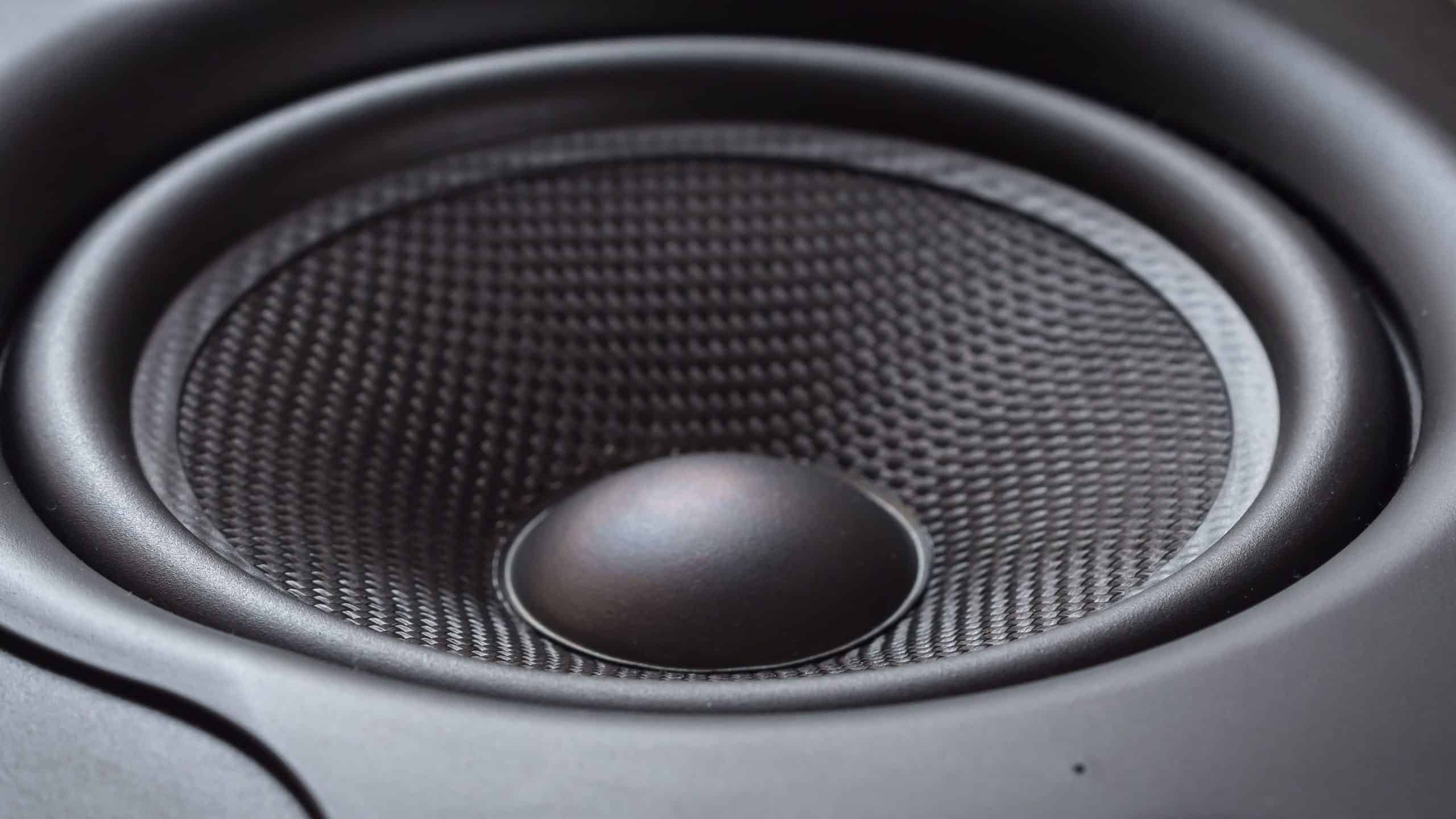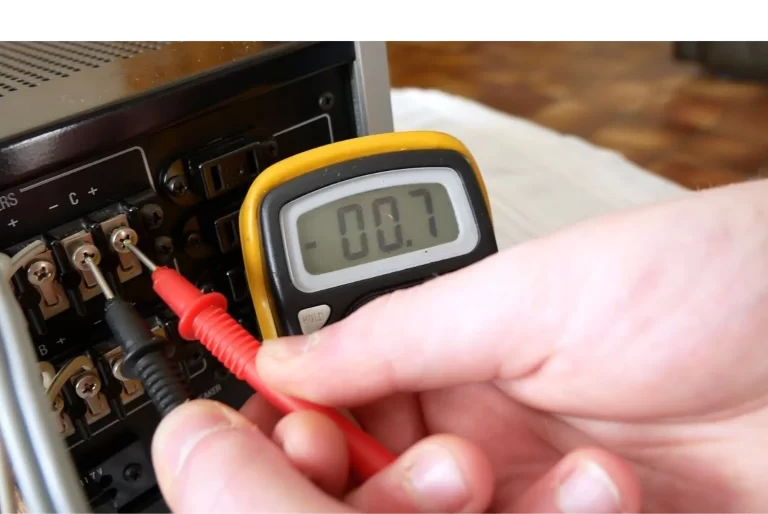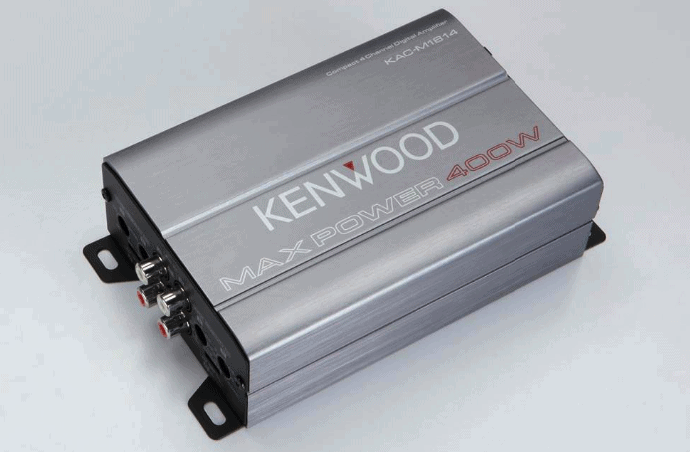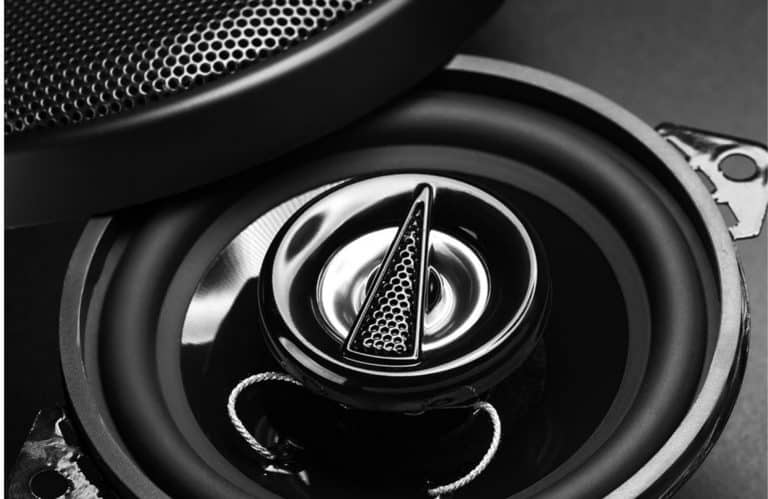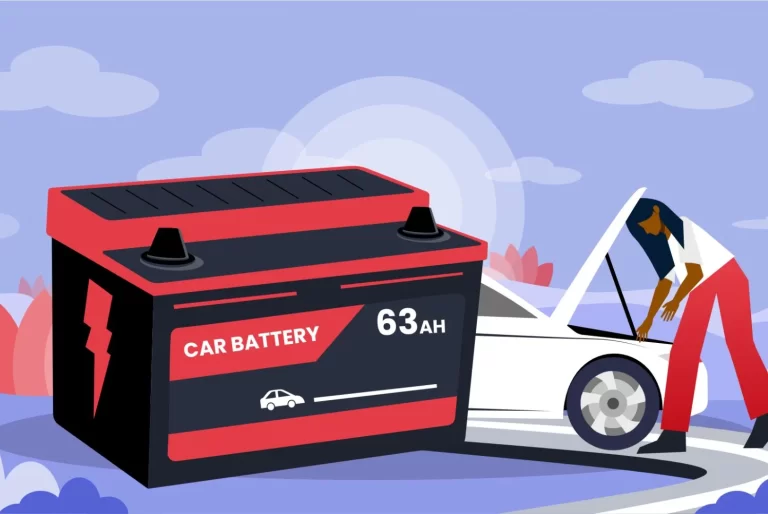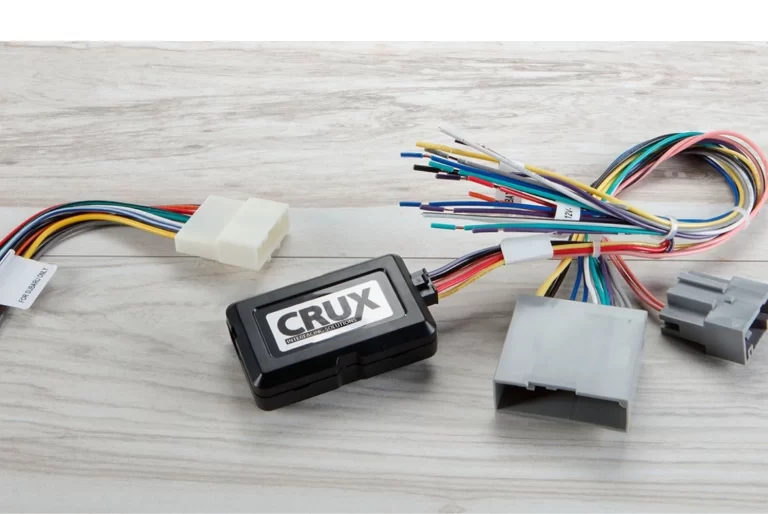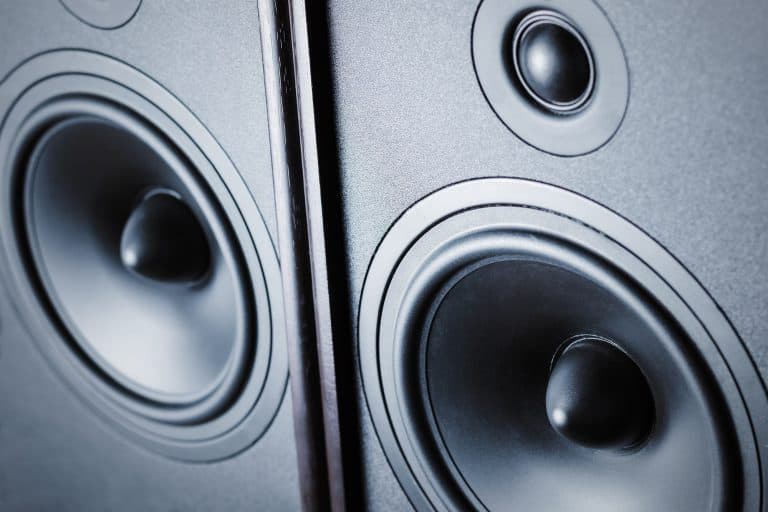Speakers Making Noise When Car Is Off?
Speakers Making Noise When Car Is Off? The car Audio system may not be as important as engine or suspension but it is has become an intrinsic part of our cars as it makes our traveling experiences more relishing.
As long drives are quite casual these days because many people need to go for a job distance to their houses and in those conditions, music and your car stereo system provide you a better driving experience.
So, if your speakers making noise when car is off? You’ll definitely get annoyed by hearing noises whether your car is running or not and it will swing your mood from joyful driving to annoyed one.
What causes static noise from a car speaker?

There could be several types of noises like distortion, static hissing, whine(high-pitched sound), white noise and some other noises may also be heard. In this article, you’ll get solutions to almost all of them.
To better understand how to solve the problem of car speaker noise, you first need to understand how the problem occurs. Here are the various reasons the car speakers making noise when car is off:
Electrical signals and interference
Cables with electrical signals usually generate static noise from speakers. Signals from other electrical devices nearby often distort the signal. Even power lines, mobile phones, and anyone thing plugged into a USB port can affect your vehicle’s signals. Hence, anything that creates or transmits an electric field can affect the speakers.
Signal degradation
This is due to radio frequency interference from an unshielded antenna cable or wire near the antenna that suppresses electromagnetic interference. Sometimes the problem can come from radio accessories such as the built-in CD player.
Speaker wires
Poor wiring between the speakers and the radio can also make strange noises.
Power of radio reception when the car is switched off
If you can still turn on the car radio even though the ignition key is removed, this means that the radio has constant access to a power source.
Grounding
A poorly grounded radio, which involves the wires are not properly connected, creates a lot of static noise. The antenna wire can serve as a ground, allowing the receiver to operate without properly connecting the ground wire.
Stereo noise from a new amplifier
Bad grounding or installing a new amplifier in your stereo is another possible cause of the noise.
Speakers Making Noise When Car Is Off?
There are several ways to stop speakers making noise when car is off. As with humans, the first step involves identifying the source of the problem to find a suitable solution.
Here are the best methods to deal with speaker noise:
Track down the source of static noise
The first solution is to find the source of the noise. Determining the cause allows you to decide if you can fix the problem yourself or if a professional mechanic should intervene. Do a quick test to see if the radio itself is causing the noise. Please turn on the head unit and tune it again to hear the static noise well.
· If the noise stops abruptly = the problem may be from the speakers.
· If the sound disappears = the problem may be from the radio unit.
Use a circuit tester
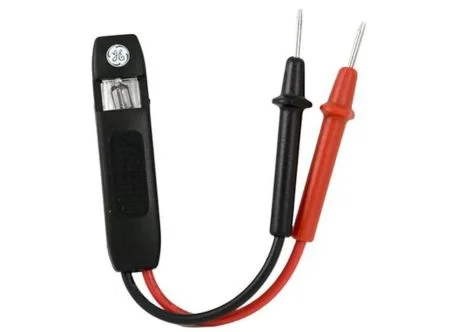
Optimizing the network tester allows you to diagnose the problem yourself correctly. It also allows you to determine if the radio is connected incorrectly. This way, you can make sure that the radio is not receiving power from the ignition wire.
If you find that the ignition wire is transmitting power to the radio, it is best to ask a technician to rewire it correctly for you or replace the speaker altogether.
Check the Patch Cables
Did you know that RCA jumper cables connected to car audio components can pick up static noise? To test this, you must separate the cable from the amplifier. Then plug either side of the other connecting cable into the amplifier’s left and right input jacks.
Turn on the engine and audio system. If there is no sound, connect the cables to the amplifier and disconnect it from the receiver. If noise is still present, the patch cables are likely picking up static noise.
You can easily stop this by moving the cables and separating them from the power cable at least 18 inches. However, this means purchasing new sets of interconnect cables.
The noise generated by the cable depends on the size of the loop area. The larger the circle area, the more vulnerable the cable becomes to receive interference.
To solve this puzzle, it is recommended to replace the old twisted pair cable to reduce loop area and reduce noise.
If you want to hold the old cable, you may want to consider installing a ground loop isolator between the amplifier and the receiver preamplifier outputs.
Utilize a Magnetic Shielding Foil
Static noise can be radiated into the audio system. This can be verified by removing the receiver from the dashboard while playing a cassette or CD.
If the static noise disappears, then the static noise is being emitted into the car audio system. You can fix this by using magnetic shielding foil or mu-metal to protect the back of the receiver.
Likewise, the foil will wrap a component that can emit static noise into the system. If the accessory causing the noise has a motor, install a noise source filter or move the receiver harness away from the accessory.
Fix the Speaker Cone
If, in addition to static noise, you hear humming sounds, there is a chance that the problem is with the speaker cones or surrounding parts. Remove the front of the speaker and check how it looks inside. The diffuser is a vital component of sound quality. Hence, it would be helpful if you buy a new cone to fix a bent or damaged one.
Install antenna squelch
First check if there is noise on all possible sources such as USB, Aux, CD, AM and FM. If the sound comes from the radio, it can go through the antenna wire.
To fix this, disconnect the antenna. If the static noise disappears, only then can you try to install an antenna silencer? This helps filter and interrupt the ground path between the antenna and the receiver and therefore block noise from distorting the audio system.
Use a noise filter generator
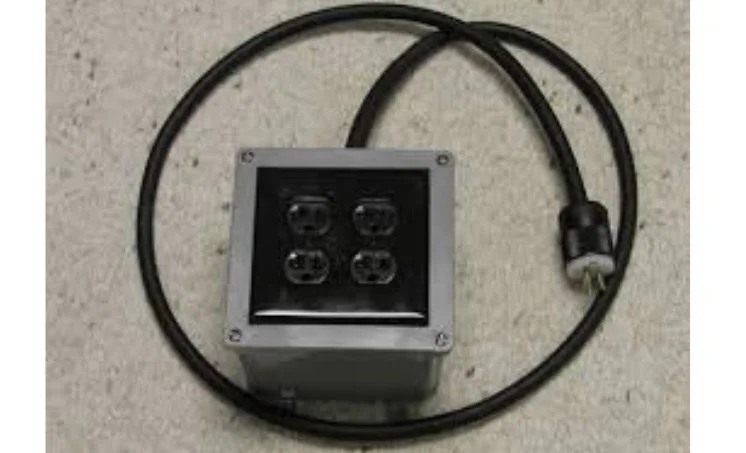
The noise emitted from the ground and power wires connected to the receiver is called the generator or engine whine. In this case, install a generator noise filter between the battery and the generator to minimize signal contamination.
If the problem persists, there may be a more serious problem with the vehicle’s electrical system. Likewise, if the car is old and has not been turned for a long time, the ignition can cause static noise.
Disconnect speaker wires from amplifiers
There are times when speaker wires are the culprit for static noise. Generally, the wires should be tightly fitted, the cable should be free of breaks, and there should be no power cables or high-frequency lines running.
To check the wires, turn off the audio system, and then disconnect the wires from the amplifiers. If the shutdown does not work, the wrong cable may be causing the noise. In this case, try using a thicker cable.
Place grommets or add large gauge cables
If the wires are okay, a poorly installed amplifier could be a potential source of speaker noise. Eyelets or rubber feet can isolate the amplifier from the vehicle chassis, which acts as a potential noise source.
If the bushings are not working, try adding heavy gauge cables to connect the alternator to the positive post of the car battery. Then connect the chassis to the negative pole and then the chassis to the engine block.
This results in a constant voltage and therefore, better current. Appropriately, you improve the system signal to reduce noise.
Check other vehicle components
If you’ve decided all of the above fixes and nothing seems to work, your vehicle may be causing static, howling and hissing noises. You can fix this problem by filling the battery with liquid.
However, start by determining if you hear tickling sounds. If you hear this, you need to tune with shielded carbon core spark plug wires, spark plug resistor coil and distributor cap.
If static noise is still present, it could be causing poor grounding of other components such as the exhaust system, hood and air conditioning. Try to ground one of the components to eliminate noise.
Conclusion:
Noise from the car audio system may indicate signal interference or poor grounding. Remember, the first step is to find the source of the sound and then find the right solution.
Remember to insulate any dangling wires when solving the problem yourself. If you need help, it is always a good idea to consult an experienced professional.
Reference:

